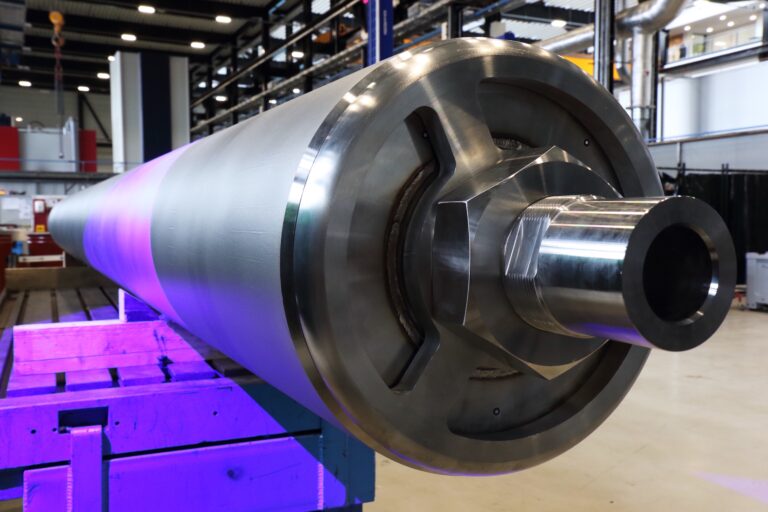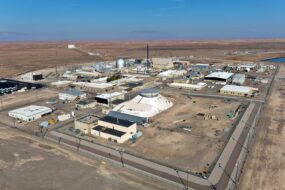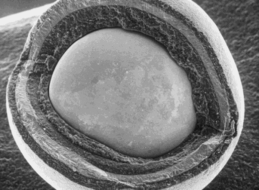The new generation of US nuclear reactors faces a familiar question: What happens to the nuclear waste?
Deep Isolation is a Berkeley, CA-based company developing a borehole-based long-term storage solution for spent nuclear fuel and radioactive material. Last week, it announced a $33M round of funding from private investors.
- The $33M raise more than doubles the amount of funding the company secured over six previous rounds.
- NAC International, Mark Tompkins, and Segra Capital Management participated in the raise.
- The company also announced a reverse merger with Aspen-1 Acquisition Inc., a shell company, which will facilitate the company’s entry into the public markets in the near term.
“This merger and private placement financing mark a pivotal moment for Deep Isolation as we work to revolutionize the nuclear waste disposal industry with our proprietary deep borehole technology,” Rod Baltzer, Deep Isolation CEO, said in a release.
“This strategic transaction provides the Company with broader access to capital to fund our full-scale technology demonstration and support continued growth and expansion of our global partnerships.”
Deep, deep down: There’s no dedicated long-term waste disposal solution in the US right now. While spent fuel from the nation’s reactor fleet is safely contained in dry cask storage today, the lack of a truly permanent solution for the stuff frequently impacts public perception of nuclear expansion.
- Yucca Mountain, the famously stalled project, is the only site in the US where permanent waste disposal is allowed.
- Other projects have gained NRC approval, including a site proposed in New Mexico by Holtec and one in Texas by Orano, but none have moved forward due to opposition.
Deep Isolation’s solution aims to develop deep geologic repositories for spent nuclear fuel using borehole technology, which burrows narrow holes in the ground to a depth the company says is safe for long-term storage of spent fuel. The approach is meant to be minimally disruptive to communities while solving the long-term waste problem.
The company has secured more than $6M in DOE grants to date, including for a project to build a universal canister system to house waste for eventual borehole disposal.
What’s next? Now that it’s raised this round, Deep Isolation is moving toward a full-scale demonstration that deep borehole disposal is a safe and effective solution.
Lead Reporter of Ignition





